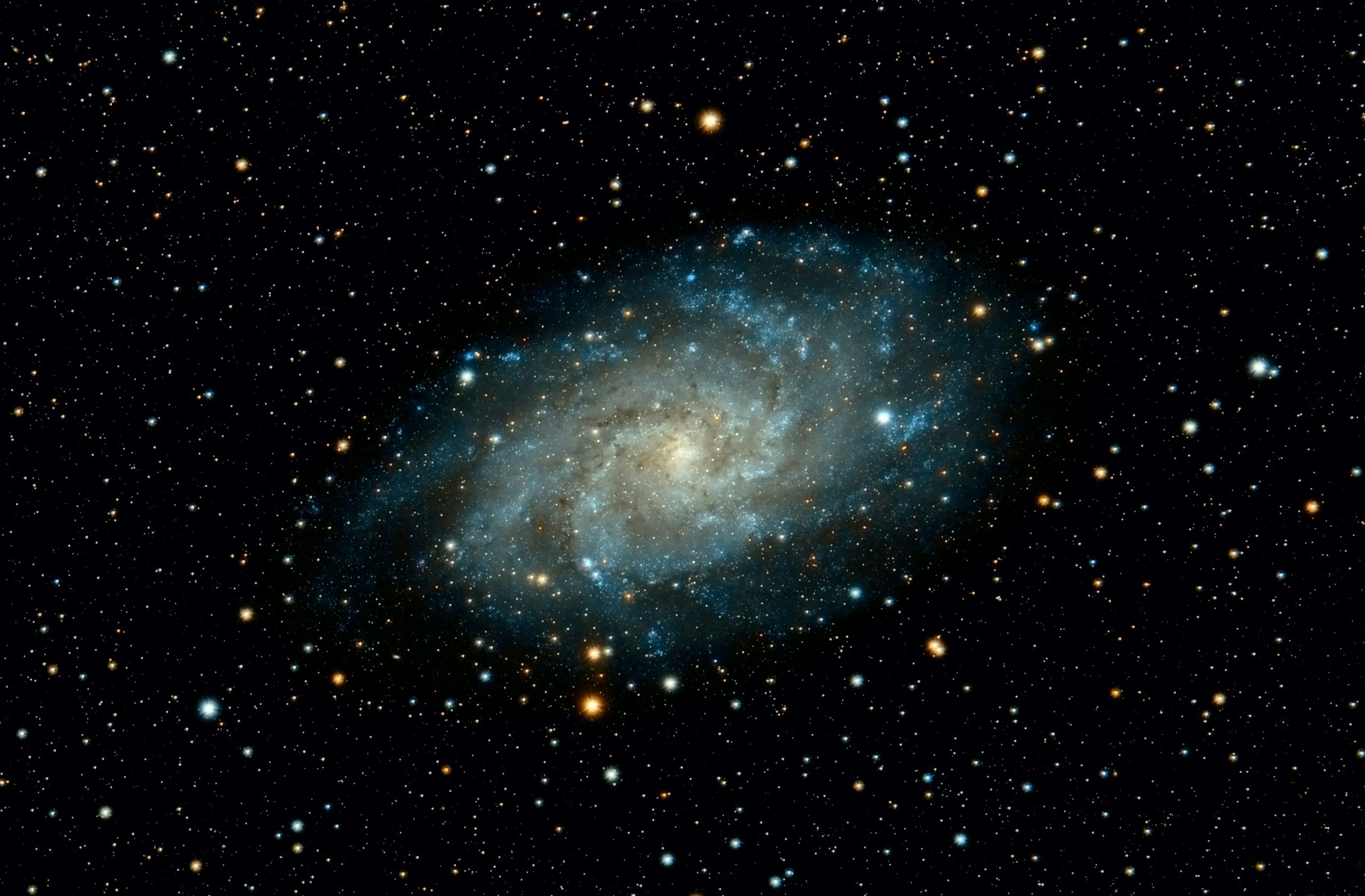Qi and Traditional Chinese Medicine: Healing Power

Looking for more amazing products? Check out our online store and explore our collection here! Happy shopping!
Before diving in, please note: This post is for informational purposes only. If you’d like to know more about how we approach topics, feel free to check out our friendly Disclaimer Page.
Hey there, amazing readers! 
We’re committed to delivering quality posts, and your support (even just sticking around despite the ads) means everything to us. So, bear with us, and thanks for helping us keep the good vibes rolling. Now, on to the fun stuff!
TRANSLATE BUTTON AT THE END OF THE ARTICLE
A Quick Overview
Traditional Chinese Medicine (TCM) has been practiced for thousands of years and is based on the concept of Qi, the vital life force energy that flows through the body.
Qi is believed to be the foundation of health and well-being in TCM, and balancing this energy is essential for maintaining optimal health.
Understanding the role of Qi in healing is crucial to unlocking the power of TCM practices such as acupuncture, herbal medicine, and Qi Gong.
In this article, we will explore the concept of Qi in TCM and how it can be harnessed for healing.
The Concept of Qi in Traditional Chinese Medicine
In TCM, Qi is considered the fundamental life force energy that flows through the body, providing vitality and nourishment to all organs and tissues.
This energy is believed to be essential for maintaining health and well-being.
According to TCM theory, disruptions in the flow of Qi can lead to imbalances and ultimately result in illness.
Practitioners of TCM work to balance and harmonize Qi to promote healing and prevent disease.
Understanding the Role of Qi in Healing
Qi plays a crucial role in the body’s ability to heal itself.
When Qi is flowing smoothly and harmoniously, the body is in a state of balance and health.
However, when Qi becomes blocked or stagnant, it can lead to various health issues.
By understanding the role of Qi in healing, TCM practitioners can identify imbalances and work to restore the flow of Qi throughout the body.
How Qi Flows through the Body
According to TCM, Qi flows through the body along specific pathways known as meridians.
These meridians connect all the major organs and tissues in the body, allowing Qi to circulate and nourish the entire system.
Each meridian is associated with a different organ system and plays a unique role in maintaining health.
By stimulating these meridians through techniques such as acupuncture and Qi Gong, practitioners can enhance the flow of Qi and promote healing.
Qi: The Vital Life Force Energy
Qi is often described as the vital life force energy that animates all living beings.
In TCM, Qi is believed to be the source of vitality, resilience, and overall well-being.
When Qi is strong and balanced, the body is able to resist illness and maintain optimal health.
By cultivating and preserving Qi through TCM practices, individuals can support their body’s natural healing abilities and enhance their overall quality of life.
Balancing Qi for Optimal Health
Balancing Qi is essential for promoting optimal health in TCM.
Practitioners of TCM work to identify imbalances in Qi and address them through various techniques such as acupuncture, herbal medicine, Qi Gong, and dietary changes.
By restoring the flow of Qi and harmonizing the body’s energy, individuals can experience improvements in their physical, emotional, and mental well-being.
Techniques to Enhance Qi Flow
There are several techniques that can be used to enhance the flow of Qi in the body.
Some of the most common methods include:
Acupuncture: By inserting thin needles into specific points along the meridians, acupuncture can help to unblock stagnant Qi and promote the smooth flow of energy.
Qi Gong: This ancient practice combines movement, breathwork, and meditation to cultivate and balance Qi in the body.
Herbal medicine: Certain herbs are used in TCM to support Qi flow and address specific imbalances in the body.
By incorporating these techniques into their daily routine, individuals can support the flow of Qi and promote healing.
The Five Elements and Qi
In TCM, Qi is closely associated with the Five Elements theory, which categorizes the different aspects of nature and the human body into five elements: Wood, Fire, Earth, Metal, and Water.
Each element is associated with specific organs, meridians, emotions, and seasons, and plays a unique role in maintaining balance in the body.
By understanding the interactions between the Five Elements and Qi, TCM practitioners can identify imbalances and develop personalized treatment plans to restore harmony and promote healing.
Qi Gong: Ancient Practice for Healing
Qi Gong is an ancient Chinese practice that combines gentle movements, breathwork, and meditation to cultivate and balance Qi in the body.
This practice is believed to promote health, vitality, and longevity by harmonizing the flow of Qi and eliminating blockages in the meridians.
Qi Gong can be practiced by people of all ages and fitness levels and is often recommended as a complementary therapy for a wide range of health conditions.
Acupuncture and Qi Meridians
Acupuncture is a key component of TCM that involves inserting thin needles into specific points along the body’s meridians to stimulate the flow of Qi.
By targeting these acupuncture points, practitioners can unblock stagnant Qi, regulate the body’s energy flow, and promote healing.
Acupuncture is commonly used to treat a variety of health issues, including pain, stress, insomnia, digestive disorders, and more.
By restoring balance to the Qi meridians, individuals can experience improvements in their overall health and well-being.
Herbal Medicine and Qi Balance
Herbal medicine is another important aspect of TCM that is used to support Qi balance and promote healing.
Certain herbs are believed to have specific properties that can nourish, tonify, or clear the Qi in the body.
By incorporating these herbs into customized herbal formulas, TCM practitioners can address imbalances in Qi and support the body’s natural healing processes.
Herbal medicine is often used in conjunction with other TCM modalities to create a comprehensive treatment plan tailored to the individual’s unique needs.
Qi and Emotional Well-being
In TCM, Qi is not only associated with physical health but also emotional well-being.
Imbalances in Qi can manifest as emotional symptoms such as anxiety, depression, irritability, and more.
By addressing these emotional imbalances through TCM practices, individuals can restore harmony to their Qi and improve their overall mental health.
Techniques such as acupuncture, Qi Gong, and herbal medicine can be effective in supporting emotional well-being and promoting a sense of balance and peace.
Modern Science and the Power of Qi
While the concept of Qi may seem esoteric to some, modern science is beginning to uncover the physiological mechanisms behind the healing power of TCM practices.
Research has shown that acupuncture can stimulate the release of endorphins and other neurotransmitters in the body, helping to reduce pain and promote relaxation.
Additionally, studies have demonstrated the anti-inflammatory and immune-modulating effects of herbal medicine, supporting its role in promoting overall health and well-being.
As more research is conducted, the power of Qi and TCM practices is becoming increasingly recognized and integrated into mainstream healthcare.
Conclusion
Qi is a fundamental concept in Traditional Chinese Medicine that serves as the foundation of health and well-being.
By understanding the role of Qi in healing and practicing TCM techniques to balance and enhance Qi flow, individuals can support their body’s natural healing abilities and promote optimal health.
Through practices such as acupuncture, Qi Gong, herbal medicine, and dietary changes, individuals can harness the power of Qi to restore harmony to the body, mind, and spirit.
As modern science continues to validate the effectiveness of TCM practices, the ancient wisdom of Qi and its healing power is becoming increasingly valued in the world of healthcare.

The Enlightenment Journey is a remarkable collection of writings authored by a distinguished group of experts in the fields of spirituality, new age, and esoteric knowledge.
This anthology features a diverse assembly of well-experienced authors who bring their profound insights and credible perspectives to the forefront.
Each contributor possesses a wealth of knowledge and wisdom, making them authorities in their respective domains.
Together, they offer readers a transformative journey into the realms of spiritual growth, self-discovery, and esoteric enlightenment.
The Enlightenment Journey is a testament to the collective expertise of these luminaries, providing readers with a rich tapestry of ideas and information to illuminate their spiritual path.
Our Diverse Expertise
While our primary focus is on spirituality and esotericism, we are equally passionate about exploring a wide range of other topics and niches 

To ensure we provide the most accurate and valuable insights, we collaborate with trusted experts in their respective domains 
Our blog originally focused on spirituality and metaphysics, but we’ve since expanded to cover a wide range of niches. Don’t worry—we continue to publish a lot of articles on spirituality! Frequently visit our blog to explore our diverse content and stay tuned for more insightful reads.
Hey there, amazing reader! 
Check out our store here and take a peek at some of our featured products below! Thanks for being awesome!











